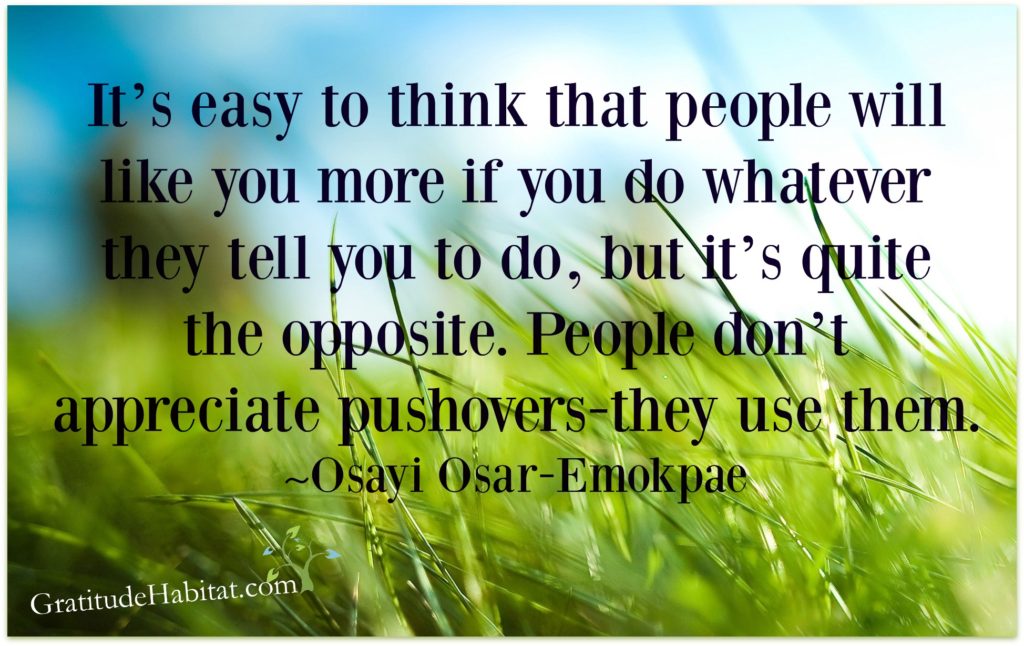Living In Gratitude: 19 Ways To Minimize Stress
It’s not stress that kills us, it is our reaction to it. ~ Hans Selye
Stress is a part of daily life. This state of mental or emotional strain or tension resulting from the demands and pressures of life and work can result in headaches, fatigue, problems sleeping, difficulty making decisions and a host of other symptoms.
Below are 19 tips on how to manage and minimize stress.
-
Chocolate meditation
- Choose a chocolate that is indulgent or that you’ve never eaten. Dark chocolate is especially ideal for this exercise.
- Open the packet. Inhale the aroma. Let it sweep over you.
- Break off a piece and look at it. Really let your eyes drink in what it looks like, examining every nook and cranny.
- Pop it in your mouth. See if it’s possible to hold it on your tongue and let it melt. Chocolate has over 300 different flavours. See if you can sense some of them.
- If you notice your mind wandering, simply notice where it went and gently escort it back to the present moment.
- After the chocolate has completely melted, swallow it very slowly and deliberately. Let it trickle down your throat.
- Repeat this with one other piece.
2. Write down worries in a journal
The physical act of writing things down helps minimize stress by moving them from inside ourselves to an outside space.
3. Peel an orange
Studies show the smell of citrus is a tension tamer.

4. Experience nature
Getting outside and enjoying nature is a great way to minimize stress. Focus on the sights, smells and sounds around you. Breathe deeply. Feel the movement of your body. Read more






